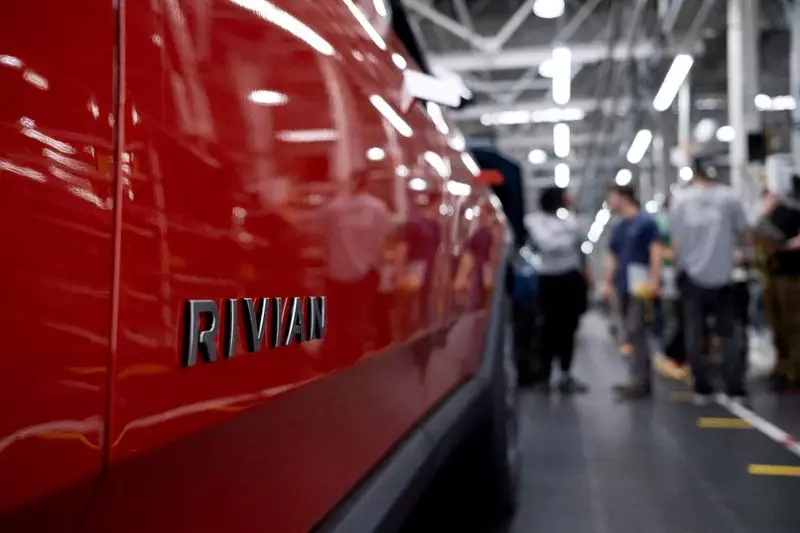In a notable development within the automotive industry, Rivian, an American manufacturer of electric pickup trucks and SUVs, has engaged in a promising joint venture with the German automotive giant Volkswagen. This collaboration is poised to redefine the dynamics of electric vehicle (EV) production and software innovation. The essence of this partnership lies in its mission to amalgamate Rivian’s advanced software technologies with Volkswagen’s established manufacturing expertise. The underlying goal is to optimize the electric architecture for future vehicle models, providing a significant competitive edge in the ever-evolving EV market.
The joint venture, established in November 2022, saw Volkswagen committing a substantial investment of $5.8 billion. Such an infusion of capital not only aids Rivian in scaling its operations but also streamlines the integration of their respective technologies. Rivian’s proprietary architecture is designed to be more efficient, requiring fewer electronic control units and minimizing the complexity of wiring. This simplification not only reduces vehicle weight but also enhances manufacturing efficiency—a critical factor in today’s cost-sensitive automotive market. Moreover, the technology supports over-the-air updates akin to smartphone functionalities, a feature that has become increasingly sought after in modern vehicles.
According to Rivian’s Chief Software Officer, Wassym Bensaid, there is a palpable interest from various Original Equipment Manufacturers (OEMs) in the offerings of this joint venture. While specific names and the details of these discussions remain undisclosed, the openness to collaboration indicates a broader trend in the auto industry: traditional automakers are actively seeking partnerships to enhance their technological capabilities in the face of fierce competition from newer entrants like Tesla. This collaboration empowers Rivian by enabling it to negotiate supplier agreements more favorably and thereby reduce costs—a necessity given the current slowdown in EV demand.
Looking ahead, Rivian’s immediate focus is the launch of the R2, a smaller and more affordable SUV set to hit the market by 2027. This model aims to attract a wider range of customers who are keen on electric options but are deterred by the premium prices usually associated with EVs. Simultaneously, the joint venture is positioned to assist Volkswagen and other participating automakers in integrating cutting-edge technology into their vehicles. The potential for this partnership to become a leading force in the Western EV market is apparent, as experts from Canaccord Genuity suggest they could rival established names like Tesla.
The implications of Rivian and Volkswagen’s joint venture extend beyond mere financial investment; they herald a potential shift in how vehicles are designed, produced, and updated. By fostering collaboration within the industry, both companies aim not only to accelerate their technological advancement but also to contribute to a sustainable automotive landscape. As other OEMs express their interest in joining this venture, the future of automotive technology could look markedly different, characterized by enhanced partnerships and shared innovations.

